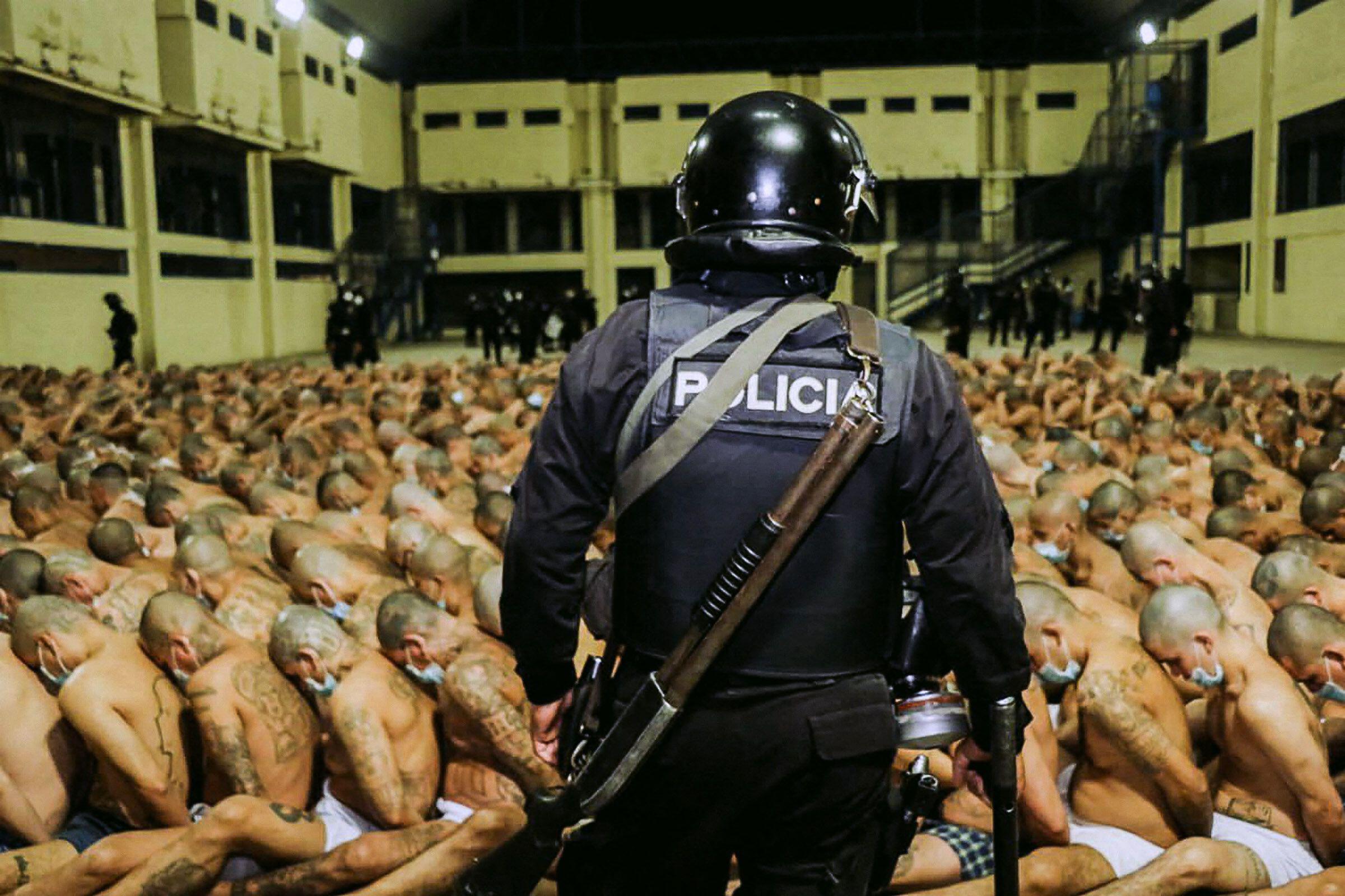Belarusian authorities attempt to hide a financial crisis by silencing critical voices in a new clampdown on media.
Several independent news sites were blocked in Belarus on 20 December. They include Naviny.by, Charter97.org, belaruspartizan.org, UDF.by, gazetaby.com, onliner.by and the website of BelaPAN, the only independent news agency in the country. No official explanations have been provided so far.
“It is still unknown who did that and for what reason. However, it is clear that the decision to block the ID addresses could only be made by authorities as in Belarus the government has monopoly on providing IP addresses,” the statement of BelaPAN Information Company reads.
These actions coincided with the decision of the government to introduce a 30% fee for purchasing of foreign currency as expectations of devaluation grew among the population of Belarus. On Saturday, Liliya Ananich, the Information Minister, gathered editors of leading non-state media and advised them “not to escalate the panic in the Belarusian society”. According to the minister, the coverage of the financial crisis in independent media “contravenes the interests of the state”.
“In times like these all media, both state and non-state, must work for the country,” Ananich told the editors, and warned that those who do not get the message might face sanctions.
Just three days before that, on 17 December, the parliament of Belarus adopted amendments to the Media Law that provides for official status of mass media for online news publications. Thus, online media might face the same restrictions, warnings and even closure for infringements of the Media Law as offline. The Law was adopted urgently without any discussions with civil society and independent professional community. It comes into force from 1 January 2015 – but, as it turns out, the authorities do not need any legal provisions to block news sites.
The special services of Belarus have a significant arsenal of means of blocking content online that they have used before. As it was revealed in Index’s Belarus: Pulling the plug policy paper, there are different ways the state authorities restrict freedom of expression online, including a repressive legal framework, online surveillance, website blocking and filtering, and cyber-attacks against independent websites and content manipulation.
The recent developments show the authorities of Belarus have no intention to stop its restrictive practices towards free speech. Internet has remained the last relatively free domain of freedom of expression in Belarus. As the country is moving into 2015, the year of the next presidential election, this space looks set to be shrinking further.
This article was posted on 22 December 2014 at indexoncensorship.org





